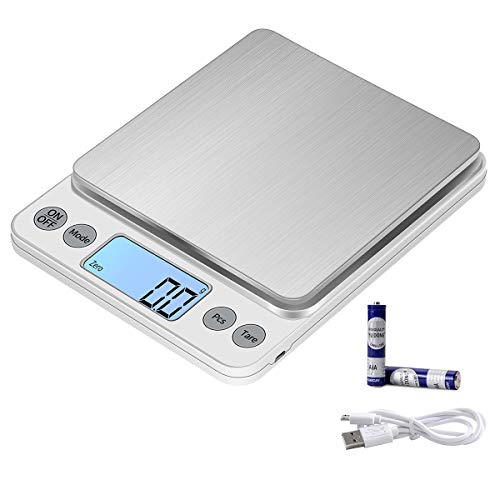- Joined
- Jan 14, 2014
- Messages
- 4,131
- Reaction score
- 4,275
I just recently soaked some of my plastic mixing bowls in bleach because I noticed the smell of rancid oil in 2 of them after they'd been sitting nestled inside each other. I was so concerned I might introduce DOS to soap if I used those two bowls for making soap, that I was determined to get them really clean and toss them if I couldn't get the odor out. A good long soaking did get the odor out, so I'm happy about that. Time will tell if it was enough. I think it was.
Maybe you could spray those two inside ends and corners of that mold with a bleach solution and let it air dry and see if that helps, lenarenee. Or put a bleach soaked paper towel up against the sides and let it sit for 10 or 15 minutes before removing and then let it air dry. Depends on what it's made of, I guess.
They're silicone, so bleach should be fine. Isn't bleach a base - like lye? So maybe that will saponify the residual oil?
I can't use Dawn due to allergy. Hot soapy water works doesn't seem to be enough, plus we're in drought stricken California and I feel guilty over the amount of water it takes to clean soap stuff. I need to find some other kind of degreaser.

















































